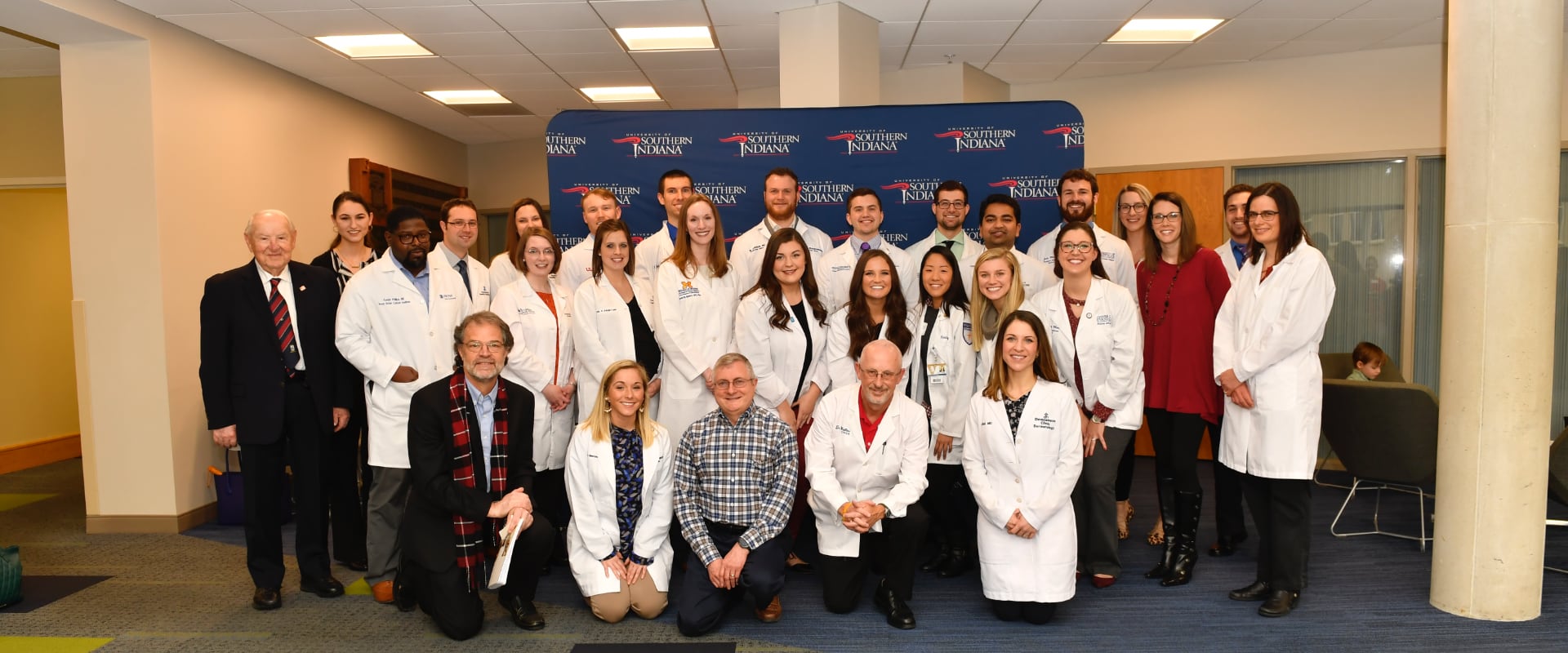
Occupational Therapy is a type of health care that provides help to patients who have physical, sensory, or cognitive challenges. Occupational Therapists help patients address barriers that impact their emotional, social, and physical needs.
Students can choose to pursue either a Masters-level or Doctorate-level program for Occupational Therapy. Students interested in this career path should carefully consider which option will provide the necessary training for the type of career they hope to pursue.
You are not required to select a particular undergraduate major in order to be eligible for admission to an Occupational Therapy Program. The most common undergraduate majors among Pre-OT students include exercise science, biology, kinesiology, and psychology.
OT Schools vary in what they require, though most programs require some combination of:
Human Anatomy & Physiology (8 hours, with lab)
Introduction to Psychology
Lifespan Developmental Psychology
Abnormal Psychology
Kinesiology or Biomechanics
Biostatistics or Principles of Statistics
You should identify specific schools in which you are interested. Check their specific prerequisite coursework.
The average GPA for a matriculating student is around 3.5.
OTCAS calculates multiple GPAs based on specific courses. You can determine which courses are included in this calculation on the OTCAS Course Subjects page.
Your transcript is typically viewed as a primary factor in the admissions process. Your GPA, particularly in the sciences, is viewed as a reliable predictor of how you will perform in occupational therapy school and is a demonstration of your academic capacity.
Most Occupational Therapy programs use the centralized application service, OTCAS. However, some programs do not participate in OTCAS and therefore applications go directly through those schools. For programs not affiliated with OTCAS, be sure to do your research to identify requirements. You can see a list of OT schools which participate in OTCAS.
You can learn more about USI's Doctor of Occupational Therapy (OTD) program here.
The OTCAS Fee Assistance Program assists those who, without financial assistance, would be unable to apply to physical therapy schools that use the Occupational Therapist College Application Service® (OTCAS®).
The OTCAS application opens during the first week of July each year. You can submit your OTCAS application as soon as it's available. We recommend submitting your application early, within the first few weeks of July for OTCAS.
Some OT programs require the Graduate Record Exam (GRE). The GRE assesses analytical writing, verbal reasoning, and quantitative reasoning through a standardized exam with multiple choice, short answer, and essay questions.
Free official test preparation materials are provided by the Educational Testing Service (ETS). The GRE is offered throughout the year. See the GRE testing calendar for scheduling.
Students in need of financial assistance can apply for a fee waiver through the ETS.
Observation hours are an important part of your pre-occupational therapy training. Many programs require observation hours but the number can vary between 0-200 hours. You can find information about requirements of individual programs through the American Occupational Therapy Association (AOTA) for information about requirements of individual programs.